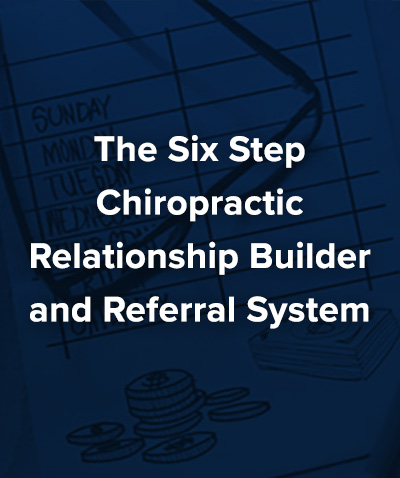By: James M. Brown, Esq.
“Only the prepared speaker deserves to be confident. ~ Dale Carnegie.”
Giving speeches is another way to be known as the expert. If you think you’re not good at it, practice. Get good. Start in small groups where you are confident you know more about the topic than the audience. You can grow into it. Don’t be afraid to take some speech lessons. Don’t be afraid to be YOU (You’re own Uniqueness)
You have already created a relationship with the Arthritis Foundation by submitting an article. Next you will offer to speak at one of their support group meetings. Support groups usually have 12-20 people attend. You will talk about your area of expertise, the ADA for a minute or two, the difficulty in getting health insurance always comes up and you’ll tell a few stories. Plan on speaking for fifteen minutes and then fifteen minutes of Q&A. Have brochures to pass out along with your latest newsletter and your business cards.
Once you have done the circuit of the support groups you’ll be invited to speak at one of their public forums. These are usually all day affairs with several hundred attendees. The speakers are primarily physicians and physical therapists. Your presentation is more formal. Now, however, you are mingling with the rheumatologists and orthopedic surgeons on a first name basis. If you are on the same program: DO NOT call them doctor. You are an invited speaker just as they are. Be equal.
Here is the next caveat. Someone in the audience will accost you for telling people how to be disabled or get money for an injury when everyone else on the program is telling them how to get better. Respond by saying that you help your clients get into rehabilitation programs; get the best possible medical care; and take care of them in the best way possible. That just wasn’t the topic you were given to speak on today.
Send a letter to each of the physicians, physical and occupational therapists that were on the program saying you enjoyed their talk and look forward to working with them in the future. Offer to speak to their organization in the future about your area of expertise. Indicate in the letter that you hope they may be willing to speak at a bar association seminar sometime in the future.
When giving speeches, dress appropriately for your audience. I am a firm believer that male attorneys look most professional in a suit and tie when giving a presentation. Women have more flexibility in looking polished and professional. Young women get more respect from an audience if they’re in a suit. As they get more seasoned they look fine in a nice dress or skirt and blouse. Casual is out!
Temper yourself to reassure prospects that your firm is creative, competent and caring. Do not speak in legalese. Do not speak in any negative way about any clients or your competition.
Unusual words break the monotony and demand attention. Your presentation must do this. Look for opportunities to replace common words with uncommon but understandable ones. Seek out uncommon ways to present common concepts.
Conduct seminars for clients, prospective clients and sources of referrals. This is a great way to communicate your expertise and enthusiasm in your area of law. You can put on seminars for potential clients, social workers, psychologists, physicians or any other source that may enhance your practice. See if you can become accredited in order to provide continuing education credit for your presentations.
Some of my clients conduct annual seminars for psychologists and social workers. They provide four hours of continuing education credit for free. The calls start coming a few months before the seminar to be sure it is being held that year. A psychologist speaks for about 30 minutes. The next three and one-half hours are attorneys talking about interesting psych cases they have had since the last seminar. They get an incredible amount of referrals from the attendees.
When you are speaking, pause, look and listen. A thoughtful amount of time before responding is powerful. In selling and marketing, it is hard to resist talking enthusiastically and often. Listen with your eyes and your heart. Listen long and hard. Don’t just listen to what someone is saying. Picture it with your personal passion.
The key to successfully marketing when you speak is to present both your ideas and yourself well. To do so:
- Use visuals but make them good or people may not listen to what you say.
- You must look into their eyes.
- Prospects can’t establish a relationship with you if the room is totally dark,
- To impress a prospect, don’t read, speak.
- Give handouts with information about you, your firm and your expertise.
Giving Speeches:
- Learn how to use PowerPoint.
- Call a health charity to see about speaking at a support group.
- Ask a physician you know if you can speak at one of their meetings.
About the Author:
James Mitchell Brown, Esq. is the nation’s leading consultant for contingency fee law firms. He consults on marketing plans; crisis management; business plans; office efficiency; buying and selling practices; retirement planning and most other issues regarding a practice. He can be reached at jim@attorneyconsultants.com










